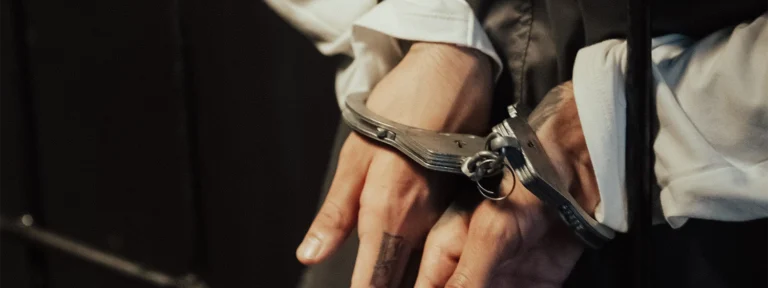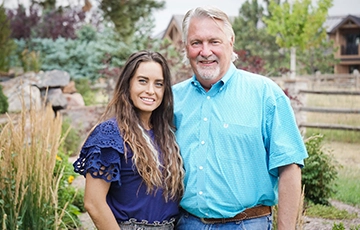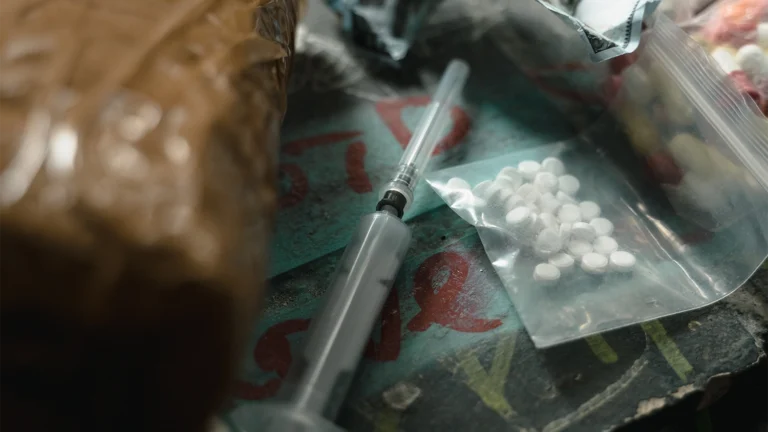Routt GOP: Voters can restore balance in local, state, federal politics on Nov. 8
This election year is an opportunity for Routt County voters to vote for balance and make significant course corrections away from the direction Democrats have…

This election year is an opportunity for Routt County voters to vote for balance and make significant course corrections away from the direction Democrats have…
Greenwood Village, CO — Crime is a crisis in Colorado and Jared Polis continues to show an inability to deal with it. Two months before the…

One of my closest friends is an artist, a kind and compassionate woman who seeks peace and smiles everywhere she goes. She is also a…

Crime and public safety is a central and growing concern across the nation and here in Colorado. Fentanyl remains the single biggest public safety issue…

Joe Supports Abortion Rights & Same Sex Mariage Joe O’Dea is running for the US Senate to attack inflation, cut the debt, support the police…

Colorado is in the midst of an epidemic, and the fight against fentanyl is truly life and death. Since 2015, Colorado has suffered 1,578 fentanyl…

Colorado’s public option proposal is the most extreme yet. Starting next year, all private insurers will have to offer a standardized plan subject to rules set by…

August 16, 2022 – Colorado Rep. Dylan Roberts was one of the prime sponsors of HB21-1232, the Colorado Public Option, which was signed into law…